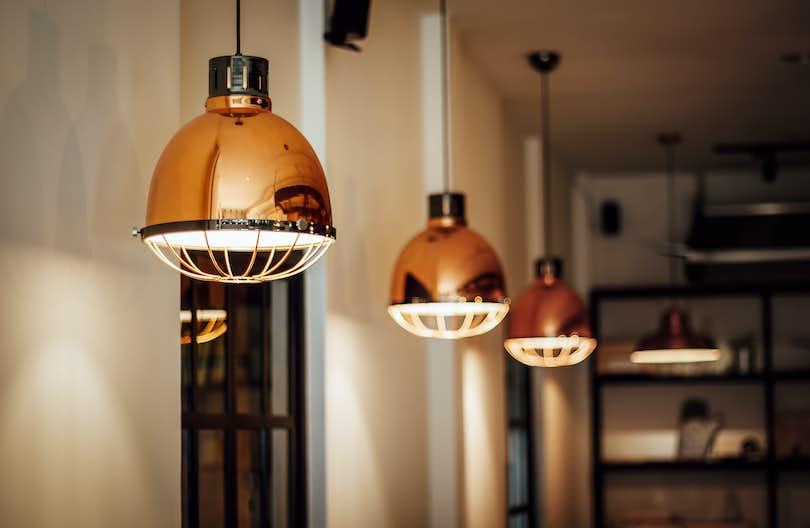Does the stove stay with the house or does it go with the buyer? Will your buyer expect that the play set in the backyard will be there after closing? Find the answers to some of these questions in this article.

As you mature, you have realized that there is a lot of gray in the world. Often there are no clear-cut ways of doing things. Few questions can be answered with a "yes" or "no." Life is complicated.
The same is true in real estate. Even though you know how much property tax you will owe in a given year for your house, and a surveyor can mark precisely where your property line ends, other aspects of selling your home may not feel so cut and dried. One such nebulous subject is what items your buyer will consider a fixture in your house.
While you probably have no plans to remove all the doorknobs from your old house to your new one, is it ok to dig up the lilac bush you planted in honor of your dog that died last year? Can you take the lace curtains your grandmother brought over from the old country? What, exactly, are considered fixtures in your home?
What's considered a fixture when selling?
Learn what buyers want to keep in your market.
Most would consider a fixture to be something attached to the house, but when we say "attached" that means nailed down, bolted, or mounted.
You may think this definition of a fixture is so clear-cut that no one would be able to misinterpret the meaning.
But what about a clothes dryer? It's attached to the house via a vent.
What about the porch swing? It's attached to the house by hooks in the ceiling.
Will your buyer assume that the giant TV that is mounted to the wall will stay or go?
Do you see how your buyer may not be sure what stays and what goes with you? Here are other items that may cause issues between you and your buyer.
Appliances
Some lenders may require that the home have an oven installed in the house before approving the loan, but refrigerators and freezers are negotiable. Don't forget to talk to your buyer about the beer refrigerator in your garage or the wine refrigerator installed underneath your basement bar.
Light Fixtures
Your buyer will assume that all the light fixtures in your house will stay. If you're emotionally attached to a particular fixture, remove it before the house goes on the market and replace it with one you are fine leaving with the home.
Window Treatments
Curtain rods and blinds will stay with the house since they are attached. Curtains that can easily be slid off the rod can be taken with you.
Mirrors
If the mirror is hanging on a nail like a painting over your couch, you can take it with you. If the mirror is attached over the sink or to the back of a bedroom door, leave it there.
Sheds and Outdoor Items
Your buyer is going to assume that the shed in the back yard will stay with the property. The same goes for playsets that are anchored in the ground.
Decorative statues and basketball poles attached with cement to the ground will probably need to stay. Outdoor benches and stand-alone basketball hoops that aren't connected to anything could probably go with you to your next house.
Landscaping
Speaking of outside items, your buyer will probably assume that every flower, bush, and tree was in the yard when they first looked at the house will stay on the property. As far as those hosta bulbs that have not come up yet. Well just make sure to fill in the holes after you dig them up out of the ground.
Any time a large amount of money transfers between two people, there is bound to be some animosity. You may be frustrated by the list of repairs that your buyer is asking you to complete. Your buyer may feel frustrated that you would like an extra two weeks before closing on the house because your new home isn't ready.
Sometimes these frustrations can boil over, and you will find yourself tempted to remove all the light bulbs from the fixtures or the hooks in the closets. Although you are tempted to be petty, try to remember to act like a mature adult. You don't want to risk losing your buyer because of such trivial actions. You also don't want your buyer to escalate the situation into legal action against you.
The best way to handle such emotional and stressful transfers of ownership is to consult a real estate professional in your area. Find a Clever Partner Agent who will negotiate on your behalf. Your agent will tell you when it is time to put your foot down with your buyer and when to let the matter drop. Your agent will also make sure that your buyer knows what items will stay with the house and what things will be taken.
A Clever Partner Agent will also work for a lower commission, so you will have money to replace any fixtures you wished you could have taken with you to your new home.
Don't handle these complicated matters on your own. Let a Partner Agent help you sell your house today.


